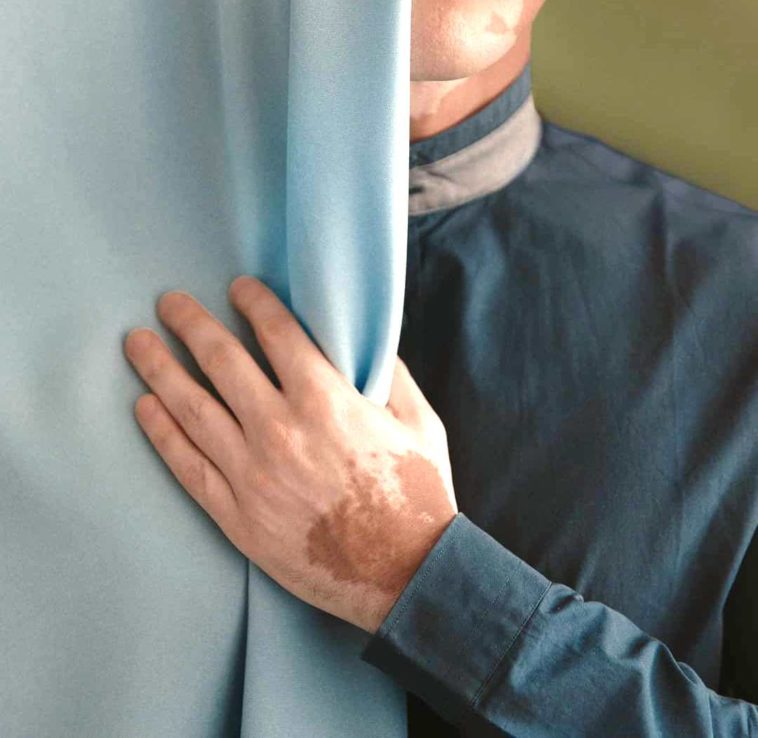In an ideal world, everyone, including vitiligo fighters, is treated equally and fairly. One’s color, race or background hardly matters. But, we don’t live in an ideal world. Do we? No matter how much we would like to believe that all vitiligo fighters are treated fairly by the society, we get to hear stories of discrimination, prejudices, and biases against those living with vitiligo that make us cringe and crave for a more inclusive world.
Here is a list of social biases that exist in today’s world. Well, we strongly feel these social biases or prejudices against vitiligo fighters need to be addressed with more and more vitiligo awareness drives. After all, our objective is not to scare you off and make you indulge in self-pity, but to encourage you to do your bit (in any form) to remove the stigma associated with vitiligo.
1. Name calling
Physical bullying is something many non-vocal kids endure, but what kids or even adults with vitiligo often face is verbal bullying in the form of name calling. From studying in schools to walking in the mall, you can often meet people who refer to you as a cow, mixed race or dalmatian.
2. Nonverbal insults
Bullying comes in many forms. There is physically harmless bullying where it is meant for you to take it as a joke. There are the outright discriminatory practices where some people will not take money out of your hands because they fear to catch what you have.
Then, there are people you would be in a relationship with and the first thing they can think to do when they are angry with you is talking about your skin color and telling you that you would never get anyone else because of the way you look.
3. Rejection in marriage
This social bias is more prevalent in cultures where arranged marriage is still a norm. In many cultures, arranged marriages are canceled due to many misconceptions surrounding vitiligo. Though the stigma attached to vitiligo has reduced over the years, people still haven’t opened up enough to marry someone with vitiligo. Rejection in marriage often results in low confidence, bad self-image, and even clinical depression. Understandably, in such circumstances, an individual is silently stigmatized, segregated upon, and at times ridiculed for a condition he/she didn’t know how it came about.
4. Presumptions that bear the stigma
Sadly, in this day and age, some people think that vitiligo could pass it to them, like a cold or virus. Then, there are the people who think you are burned in a fire or chemicals.
Some parents (despite knowing it all) don’t do anything to either explain vitiligo to their kids. This can contribute to kids’ insensitivity toward kids with vitiligo. Many parents are guilty of not educating their kids about how their reactions could cause hurtful emotions or trauma to someone inadvertently.
5. Discrimination at recruitment level
There is a lot of ignorance and lack of awareness about vitiligo. This is the primary reason why many people with vitiligo find it difficult to find a job in retail and hospitality businesses as hiring manager often presume that hiring some with vitiligo as a front desk professional or salesperson would scare customers away.
This only forces many vitiligans with limited spread to lie and say that they got burned or their vitiligo patch is indeed a birthmark.
6. Undesired Instructions
The last is the playful banter of family, in which you mask or laugh and act like it doesn’t hurt.
Some of your friends or family members tell you to “get over it”, which we think are worse than outward discrimination. No one has the right to tell someone how they should process what is happening to them or their body, especially when vitiligo is spreading really fast.

